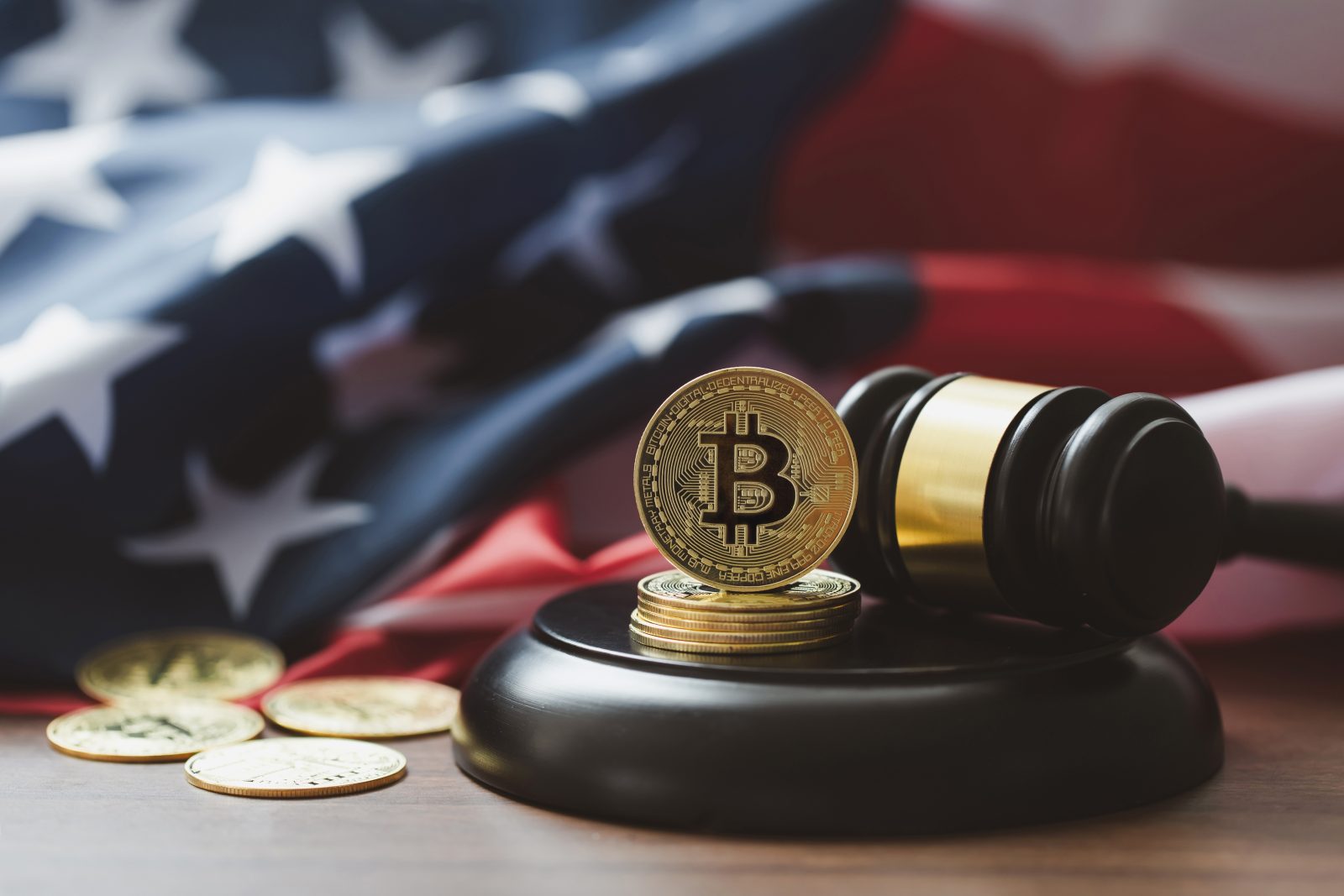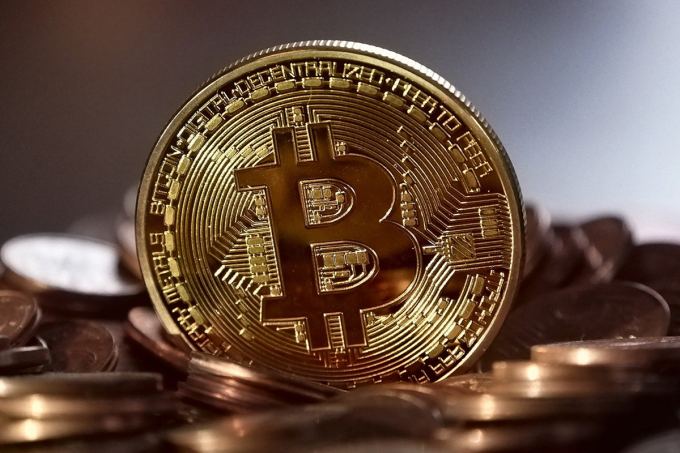In a move that could reshape market ethics and oversight, Ro Khanna, U.S. Representative (D-Calif.), announced plans to introduce legislation that would prohibit the President, his family, members of Congress and other elected officials from trading cryptocurrencies and stocks. The proposal comes amid heightened scrutiny of crypto-linkages among policymakers, and as the global digital assets market, at over US $4 trillion, braces for deeper regulatory intervention.
Market Reaction: Risk Perception Grows in Crypto Ecosystem
The announcement triggered a perceptible shift in sentiment across crypto markets. With institutional involvement increasingly important—Crypto assets saw a 6.2 % pull-back in one session following the news—investors are factoring in regulatory risk as a driver of volatility. In particular, volumes in major tokens dipped by roughly 12 % on the day in question, suggesting that algorithmic trading systems and hedge funds recalibrated exposure to policy-sensitive themes. The broader implication: for sophisticated investors and institutions, the headline reinforces the notion that digital assets are no longer immune to high-level political risk, and portfolio allocations may increasingly treat crypto as systemic rather than standalone.
Regulatory Implications: Conflict of Interest Meets Crypto Governance
Khanna’s proposal directly confronts conflicts of interest in digital assets—he accused the pardon of Changpeng Zhao, founder of Binance, as “blatant corruption”, thereby linking crypto-industry ties to executive-branch decisions. Focusing on both crypto and securities trading, the bill underscores a regulatory pivot: crypto transactions by senior officials may soon fall under the same ethical constraints applied to traditional equities. For institutional players, this signals the potential for expanded oversight, mandatory disclosures and perhaps even restrictions on political exposure to digital-asset ventures. With more than US $580 million in trades recorded by Khanna alone since office, the optics of official trading are under stress.
Investor Sentiment & Strategic Considerations
From a behavioural perspective, this development could accelerate due-diligence intensities. Sophisticated investors may begin to view policy-driven crypto themes through the lens of “governance events” rather than pure technology bets. A notable result: allocations toward projects tied to political figures or government-adjacent stable-coins may face higher discount-factors for perceived regulatory tail-risk. Meanwhile, mainstream tokens (e.g., Bitcoin, Ethereum) may benefit from perception of lower regulatory linkage and thus become comparatively safer exposure buckets. The psychological drivers: trust erosion when governance overlaps with financial gain, and flight toward assets insulated from high-profile political risk.
Looking ahead, the unfolding legislative process will be a key watch-point for investors. If the proposed restrictions gain traction, funds may pre-emptively re-position away from tokens with concentrated executive-family ownership, or projects reliant on political access. Conversely, clearer rules may restore confidence by reducing perception of ad-hoc regulatory shocks. For crypto-savvy institutions and professionals, tracking drafts, regulatory commentary and the reaction of governance-token markets will be as important as price moves.













https://shorturl.fm/dLQAs
https://shorturl.fm/zhFcD